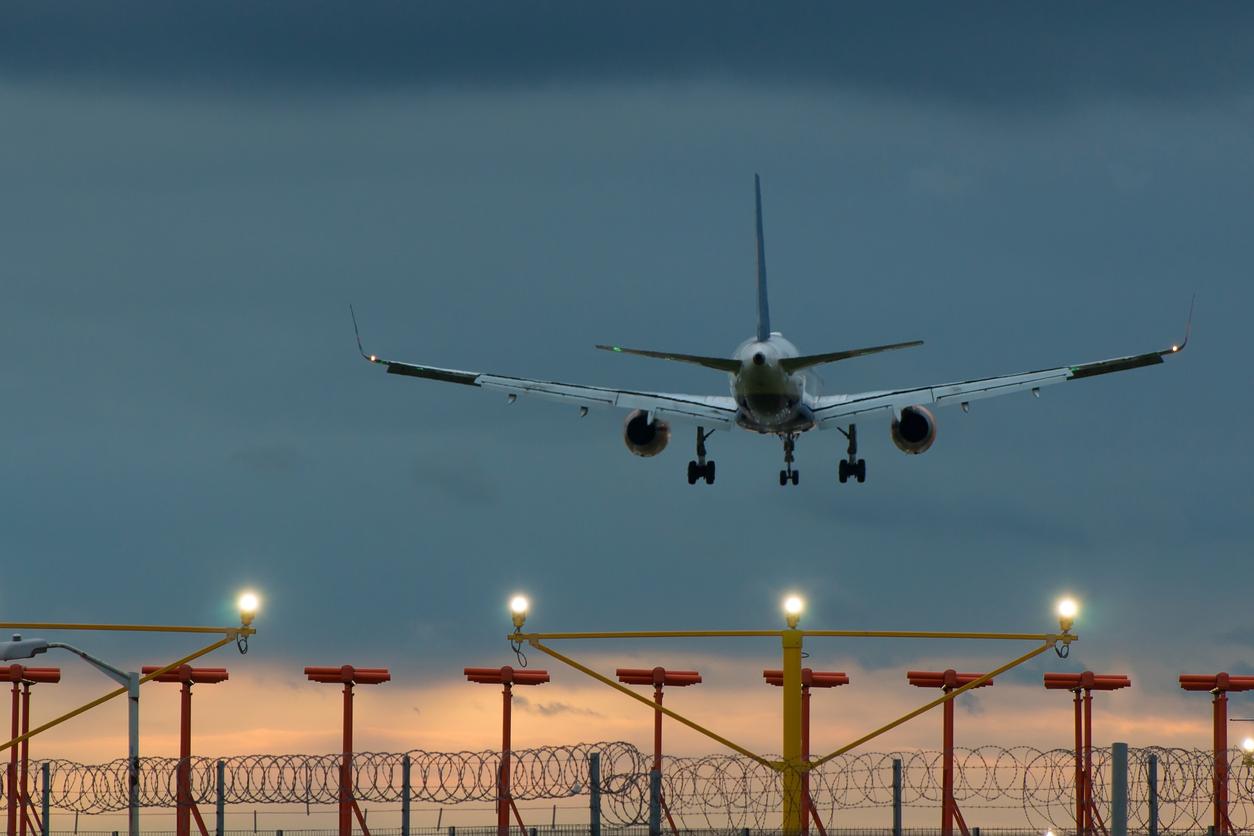Captain lands plane single-handedly after co-pilot suffers mid-air anxiety attack
A ‘go-around’ the day before had ‘frightened’ the pilot

Your support helps us to tell the story
From reproductive rights to climate change to Big Tech, The Independent is on the ground when the story is developing. Whether it's investigating the financials of Elon Musk's pro-Trump PAC or producing our latest documentary, 'The A Word', which shines a light on the American women fighting for reproductive rights, we know how important it is to parse out the facts from the messaging.
At such a critical moment in US history, we need reporters on the ground. Your donation allows us to keep sending journalists to speak to both sides of the story.
The Independent is trusted by Americans across the entire political spectrum. And unlike many other quality news outlets, we choose not to lock Americans out of our reporting and analysis with paywalls. We believe quality journalism should be available to everyone, paid for by those who can afford it.
Your support makes all the difference.An easyJet co-pilot suffered an anxiety attack and left the cockpit as the plane carrying 148 passengers approached the runway, an accident report said.
The co-pilot was operating a return flight from London Stansted airport to Glasgow when anxiety attack occurred, leaving the captain to perform a single pilot landing with the help of Glasgow air traffic control.
Cabin crew attended to the co-pilot, who had almost 700 hours of flying experience.
His anxiety attack was caused by having to fly a “go-around” the day before during a landing into Palma de Mallorca, according to a report by the Air Accident Investigations Branch (AAIB).
A go-around is a landing that is aborted suddenly while on the final approach to the runway.
Windshear during the landing into Palma the day before had “frightened” the co-pilot, who was flying with the same commander. The change in the wind meant the plane had to perform a go-around, which was the first time the co-pilot had experienced this, according to the report.
According to the commander, the co-pilot seemed “fine” following the go-around, and gave no cause for concern about flying the next day.
The co-pilot reported that he felt “increasingly nervous” about flying to and from Glasgow on the morning of the incident, but felt he had been “over-thinking” the need to do a good approach.
The AAIB reported that the flight back to Glasgow from Stansted began normally, but the co-pilot began to suffer from anxiety mid-flight. During the landing, when the commander mentioned “windshear” due to typical turbulence around Glasgow, the co-pilot had an anxiety attack, according to the ambulance crew that met the plane on landing.
The AAIB concluded that the Airbus A319 aircraft landing safely, and the incident could have been avoided if the co-pilot reported as unfit for duty. It also reiterated the need for better communication between the co-pilot and the commander.
Join our commenting forum
Join thought-provoking conversations, follow other Independent readers and see their replies
Comments